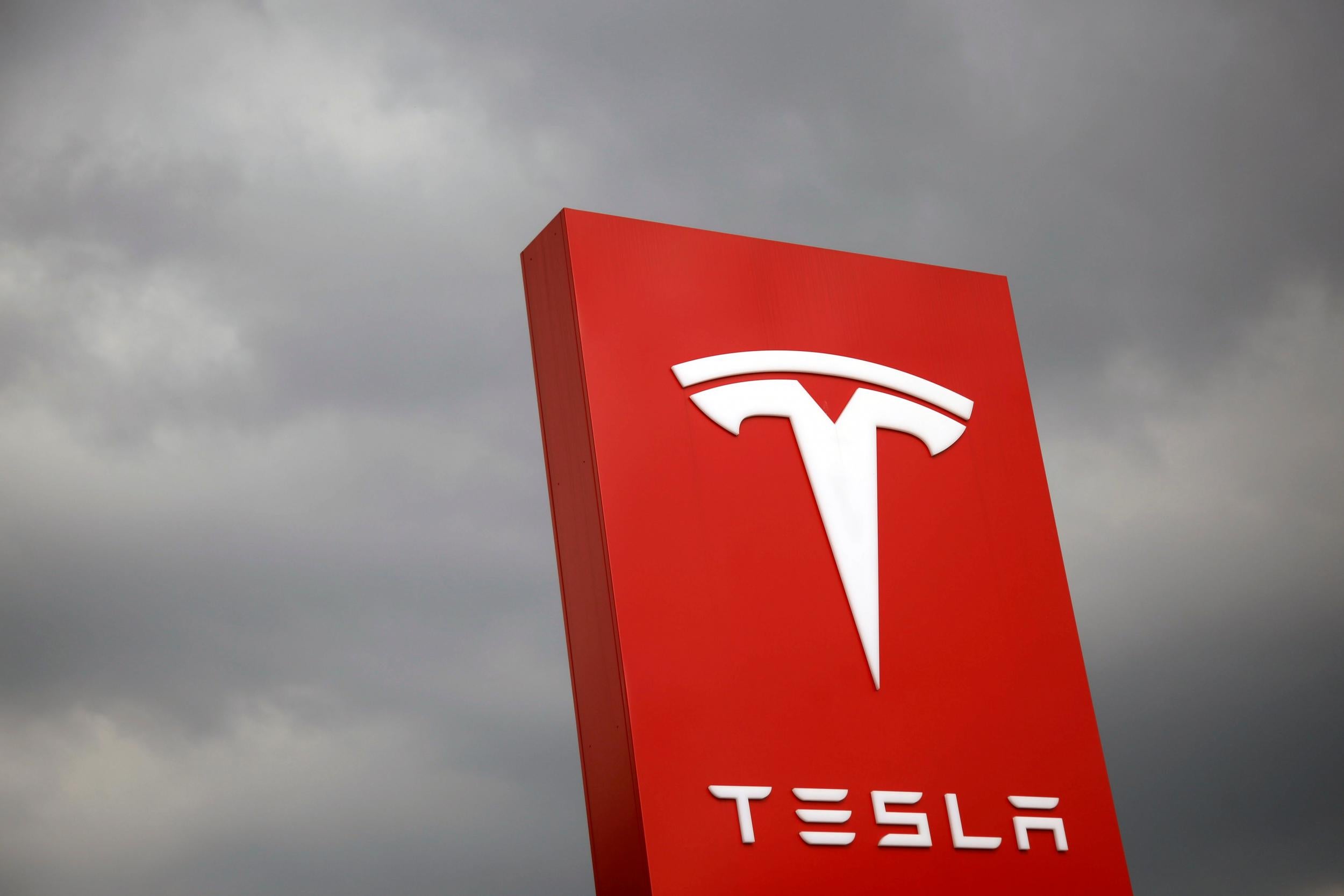Tesla completes construction of the world’s largest lithium ion battery
Tesla 'powerpacks' have been fully installed at a wind farm in South Australia

Your support helps us to tell the story
From reproductive rights to climate change to Big Tech, The Independent is on the ground when the story is developing. Whether it's investigating the financials of Elon Musk's pro-Trump PAC or producing our latest documentary, 'The A Word', which shines a light on the American women fighting for reproductive rights, we know how important it is to parse out the facts from the messaging.
At such a critical moment in US history, we need reporters on the ground. Your donation allows us to keep sending journalists to speak to both sides of the story.
The Independent is trusted by Americans across the entire political spectrum. And unlike many other quality news outlets, we choose not to lock Americans out of our reporting and analysis with paywalls. We believe quality journalism should be available to everyone, paid for by those who can afford it.
Your support makes all the difference.Tesla has completed construction of the world’s largest lithium ion battery in Australia, putting it on track to meet a 100-day deadline for switching the battery packs on, the South Australian government said on Thursday.
Tesla won a bid in July to build the 129 megawatt hour battery for South Australia, the country’s most wind power-dependent state, with a vow from chief executive Elon Musk to install it within 100 days of signing a grid connection agreement or give it to the state for free.
When the grid connection deal was signed on 29 September, Tesla was already half way through installing the battery packs.
The Tesla Powerpacks have now been fully installed at a wind farm run by France’s Neoen, and testing is set to begin to provide grid security services in South Australia.
“While others are just talking, we are delivering our energy plan, making South Australia more self-sufficient, and providing back up power and more affordable energy for South Australians this summer,” state Premier Jay Weatherill said in a statement.
The state has yet to say how much it would pay for the battery, which is part of a A$510m (£291.38m) plan that includes diesel-fired generators to help keep the lights on following a string of blackouts over the past 18 months.
Australia’s energy market operator has warned that power supply will be tight this summer, particularly in South Australia and neighbouring Victoria, where one of the market’s biggest coal-fired power plants was shut in March.
Reuters
Join our commenting forum
Join thought-provoking conversations, follow other Independent readers and see their replies
Comments